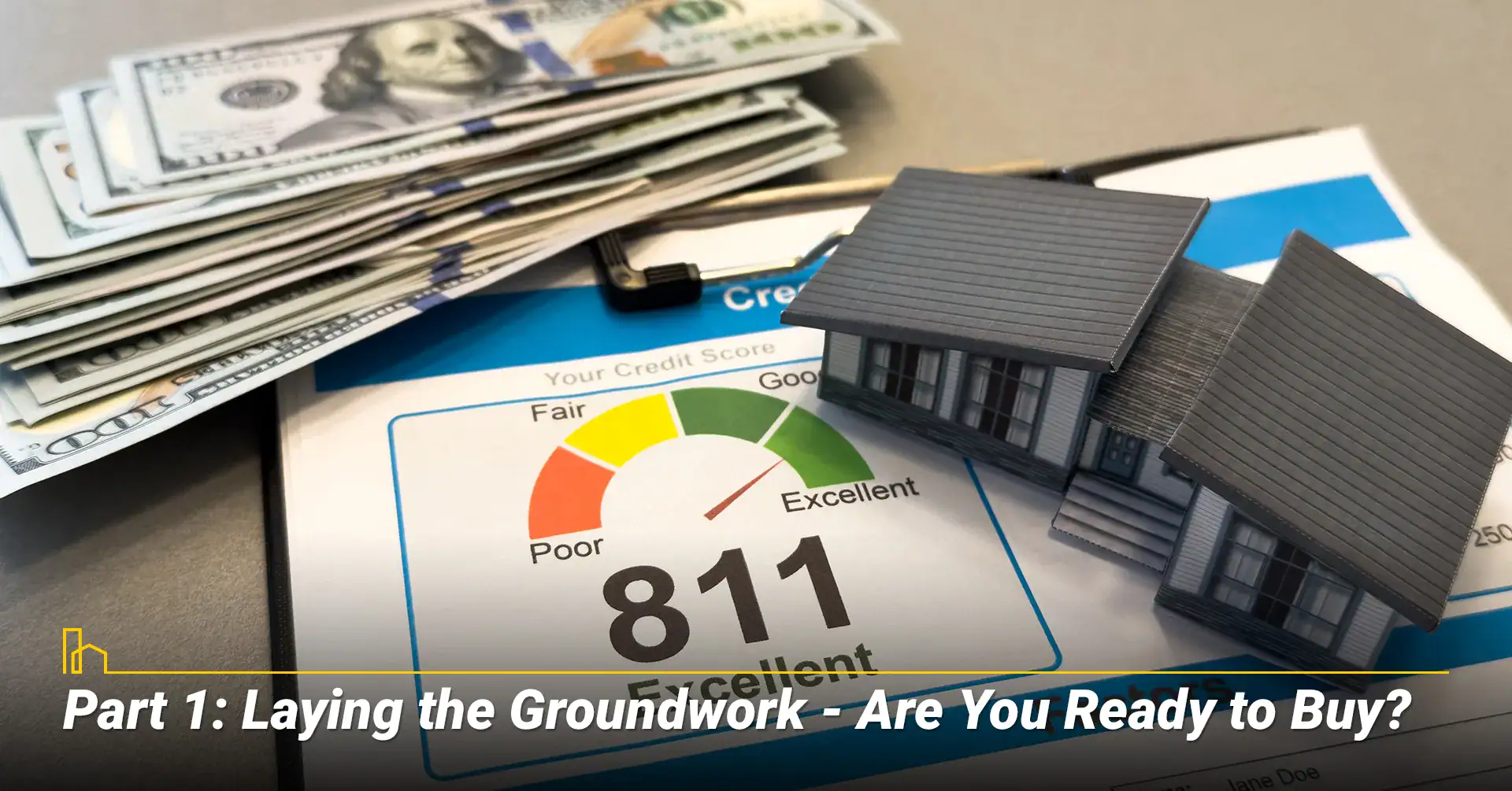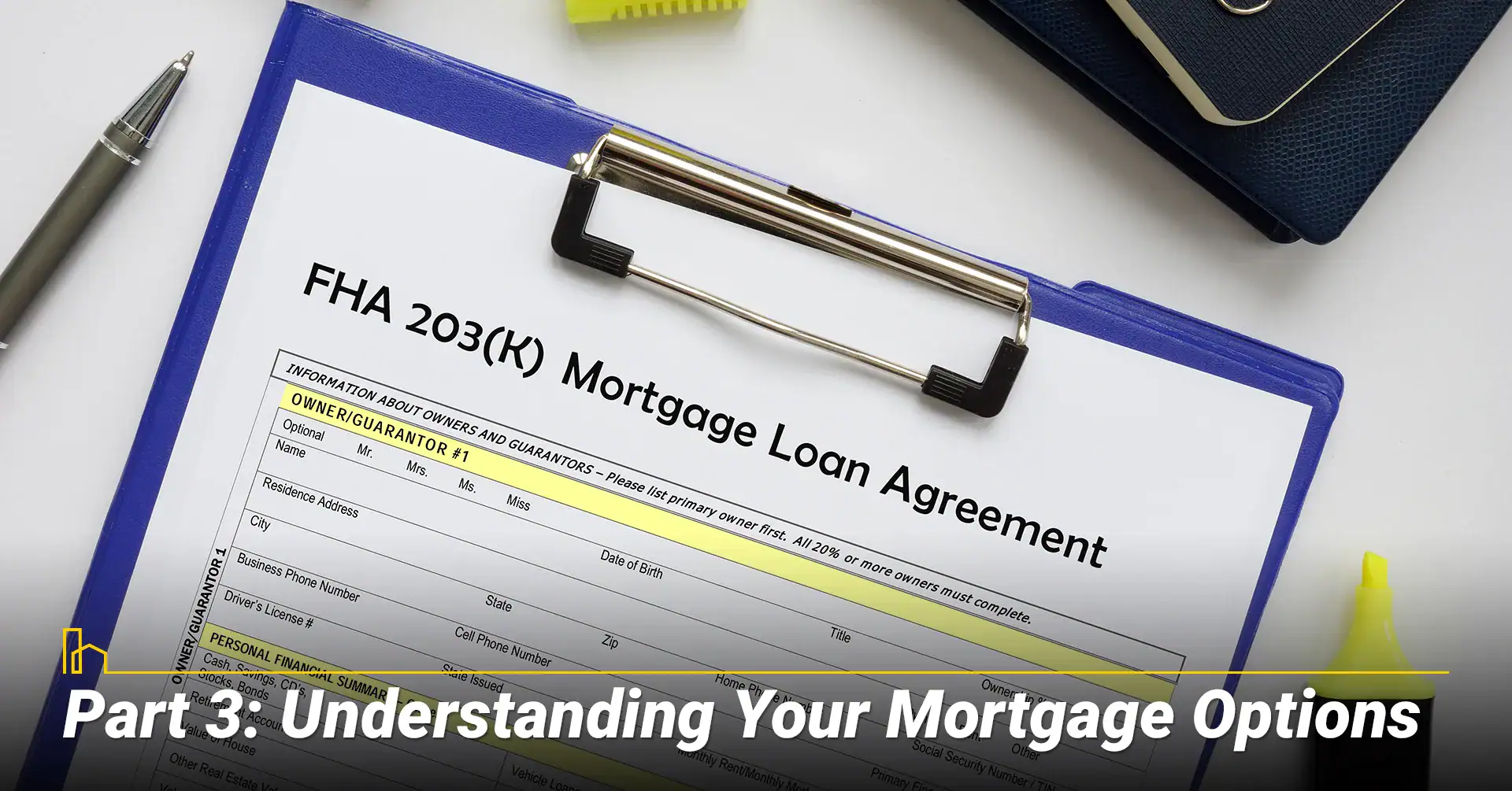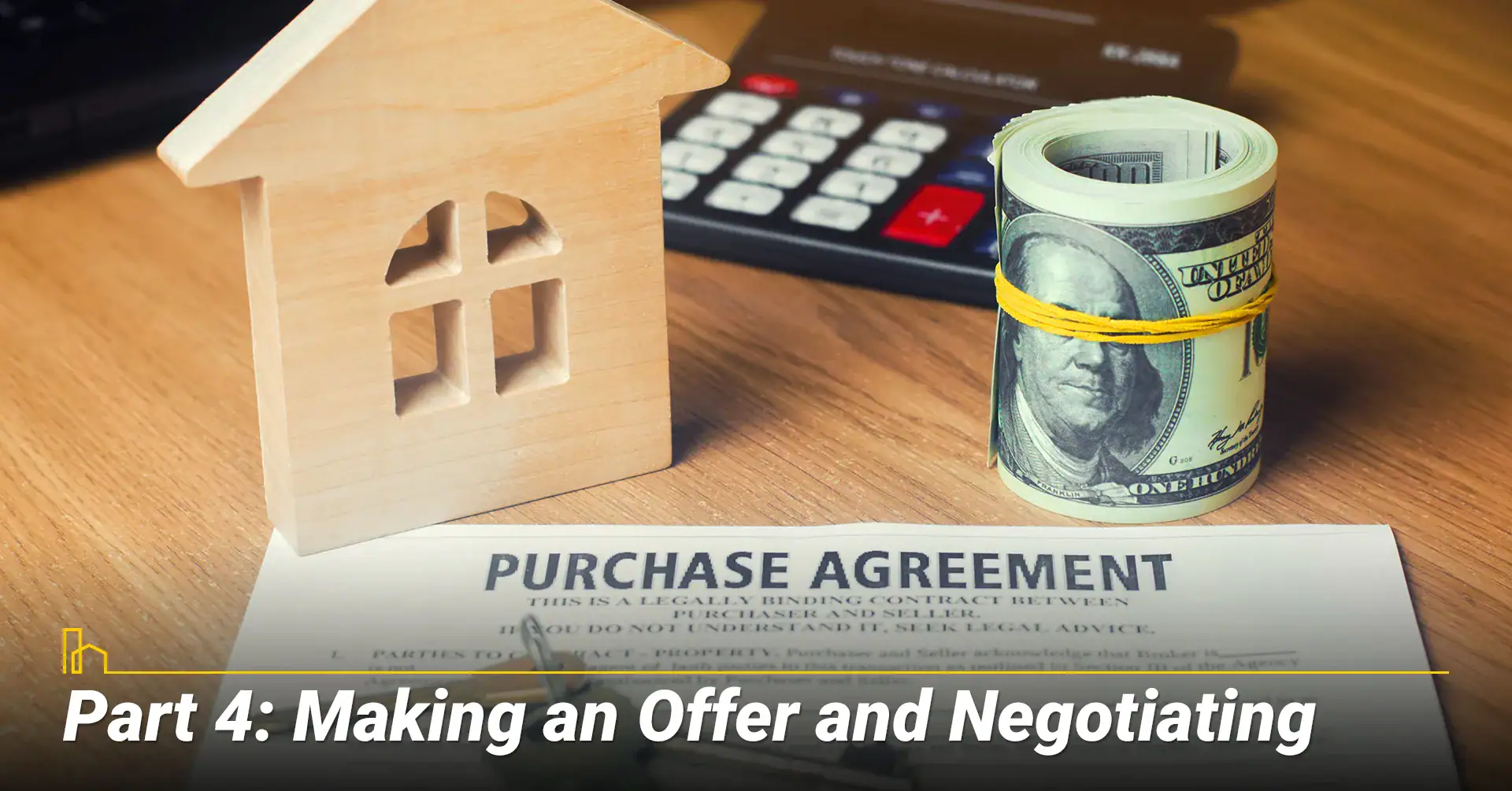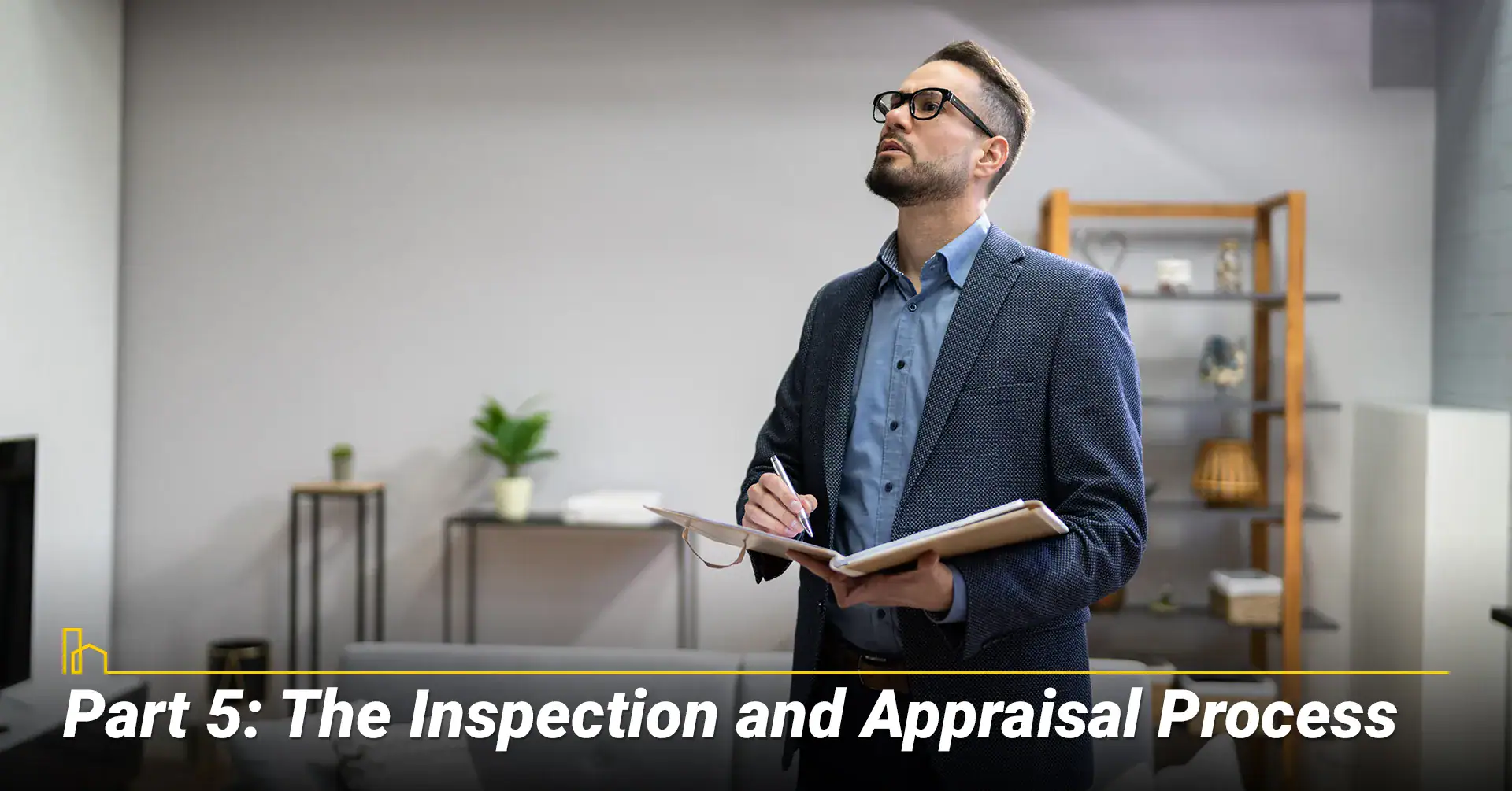The Ultimate Home Buying Guide: From Dreaming to Keys
- Local Editor:Local Editor: The HOMEiA Team
Published: Oct 15, 2025
- Category: Buy House

Homeownership remains a cornerstone of any American dream, but the landscape has evolved. While the journey may seem complex, being prepared makes all the difference. This comprehensive home buying guide demystifies the entire process, providing you with the knowledge and confidence for navigating the market and making one of the most significant life decisions.
The benefits of buying a home extend far beyond having a roof over your head:
- Building Credit: Consistently paying your mortgage is a powerful way to build a strong credit history.
- Building Equity: Unlike rent, each mortgage payment builds ownership stake. Real estate has historically been a stable long-term investment, allowing you to build wealth over time.
- Stability and Pride: There’s an undeniable sense of accomplishment and security that comes with owning your own space. You have the freedom to personalize your home to your taste.
- Potential Tax Benefits: Mortgage interest and property taxes may be deductible, but it’s crucial to consult with a tax advisor for your specific situation, as laws change.
The foundation of buying a home rests on three pillars: a down payment, stable income, and strong credit. If you’re not perfect in all areas, don’t be discouraged. There are more programs than ever designed to help a wide range of buyers achieve their goals.
Top 3 Factors to Consider when Qualifying for a Home Purchase or Refinance
Financial institutions look at a wide variety of things when a customer applies for mortgage financing on a home. There’re 3 main building blocks that create the foundation for a solid mortgage application. If any of these 3 building blocks are compromised, it can result in a less than…
Table of Contents:
- Part 1: Laying the Groundwork — Are You Ready to Buy?
- Part 2: The Home Search — Finding Your Perfect Match
- Part 3: Understanding Your Mortgage Options
- Part 4: Making an Offer and Negotiating
- Part 5: The Inspection and Appraisal Process
- Part 6: Closing the Deal — The Final Steps
- Frequently Asked Questions About Buying a House:
Part 1: Laying the Groundwork — Are You Ready to Buy?

Before you dive into listings, an honest self-assessment is critical. This planning phase will save you time, money, and stress.
A. Define Your “Why” and Your “What”
- Your Objectives: Why do you want to buy now? Are you seeking more space, downsizing, starting a family, or tired of paying a landlord’s mortgage?
- Your Needs vs. Wants: Create two lists. The “Needs” list includes non-negotiables (e.g., number of bedrooms, location, budget). The “Wants” list includes desirable but flexible features (e.g., a swimming pool, granite countertops). Being realistic here is key to finding the right home without blowing your budget.
B. Get Your Finances in Order
This is the most important step. Lenders will scrutinize your financial history, so it’s best to do the same beforehand.
- Check Your Credit Report: Obtain a free copy of your credit report from all three major bureaus (Equifax, Experian, and TransUnion). Scrutinize it for errors and dispute any inaccuracies. If the score is lower than you’d like, it’s time to take proactive steps to improve your credit before applying for a mortgage.
- Save Strategically: You’ll need funds for a down payment and closing costs (typically 2%-5% of the loan amount). Create a budget, cut unnecessary expenses, and automate your savings. Avoid taking on new debt, including financing a car or running up credit cards.
- Understand Debt-to-Income (DTI): Lenders use your DTI ratio to gauge the ability to manage monthly payments. The formula is total monthly debt payments divided by gross monthly income. A DTI below 43% is generally required, but lower is always better.
C. The Power of Pre-Approval
Get Pre-Approved for a Mortgage: It pays to get pre-approved for a mortgage early on. Some believe pre-qualifying for a loan is enough, but it’s not. Pre-approval provides more power when discovering that perfect house.
Many confuse pre-qualification with pre-approval. Understanding the difference is crucial.
- Pre-Qualification: A quick, informal assessment based on unverified information you provide. It creates a rough estimate of what you might afford.
- Pre-Approval: A more robust process where the lender verifies your financial information (income, assets, debt, credit) and provides a conditional commitment for a set loan amount.
Why Pre-Approval is a Game-Changer:
- Buying Power: You’ll know exactly what you can afford, instilling confidence when shopping.
- Competitive Edge: In a competitive market, sellers view pre-approved buyers as serious and capable, often granting priority over others.
- Faster Closing: Since much of the legwork is done upfront, the final mortgage approval can be significantly faster.
- Rate Lock: You may be able to lock in an interest rate. These serve as protection from increases during the process.
Recommended for you
Part 2: The Home Search — Finding Your Perfect Match

A. To Use an Agent or Not?
A standout buyer’s agent provides immense value, and their commission is typically paid by the seller, making their service free to you. They offer market knowledge, negotiation skills, and handle the complex paperwork. If considering a major move, like moving to Texas or relocating to Florida, a local agent is indispensable. They can guide you to the best neighborhoods in Tampa or the best places to live in San Diego.
When going the individual route (For Sale By Owner), consider hiring a real estate attorney to review contracts and protect your interests.
B. Where to Look
The home search has become increasingly digital, but old-school methods still work.
- Online Portals and MLS: The majority of home searches start online. Your agent will have access to the Multiple Listing Service (MLS), the most comprehensive database.
- Drive-Arounds: Explore neighborhoods you’re interested in. There might be “For Sale” signs for homes that aren’t yet listed online.
- Network: Tell friends, family, and colleagues you’re looking. You never know who might have a lead.
When evaluating a location, research is key. If a state like Colorado is attractive, read up on the pros and cons of living in Colorado. For those on a budget, exploring the most affordable places to live in Colorado can be a smart strategy.
Part 3: Understanding Your Mortgage Options

The type of loan picked will impact your finances for years to come. Here’s a breakdown of common mortgage products.
- Conventional Loans: These are not backed by the government. They often require a higher credit score and a down payment (typically 3%-20%). If less than 20% is put down, you’ll likely pay Private Mortgage Insurance (PMI) until20% equity is reached.
- FHA Loans: Insured by the Federal Housing Administration, these loans are popular with first-time buyers because they allow for lower credit scores and down payments as low as 3.5%.
- VA Loans: Available to eligible veterans, active-duty service members, and some spouses, VA loans are an incredible benefit, offering zero down payment and competitive interest rates.
- USDA Loans: Backed by the U.S. Department of Agriculture, are for homes in eligible rural and suburban areas and can offer 100% financing.
- Adjustable-Rate Mortgages (ARMs): ARMs offer a low initial fixed rate for a set period (e.g., 5, 7, or 10 years), after which the rate adjusts periodically based on the market. These are ideal if you plan to sell or refinance before the adjustment period, but they carry the risk of rising payments. It’s essential to understand the caps on how much the rate can increase.
For self-employed individuals or those with complex income streams, the mortgage process can be more involved. It’s wise to seek out approval tips for self-employed applicants.
7 Home Insurance Tips for the First-Time Home Buyer
When you’re considering homeowners insurance, you want to get the right coverage from the best provider, and at a good price. But how can you figure this all out? To help you get the coverage you need while staying within your budget, here’re a few key tips for you to follow…
Part 4: Making an Offer and Negotiating

Once you find “the one,” it’s time to make an offer. Your agent will prepare a Purchase Agreement based on recent sales of comparable homes (“comps”) to ensure a competitive offer.
Key elements of a strong offer:
- Earnest Money: This is a deposit (usually 1%-3% of the purchase price) showcasing seriousness. It’s held in escrow and applied to your down payment at closing.
- Contingencies: These are clauses allowing you to back out of the deal without penalty under specific conditions. Common contingencies include:
- Home Inspection: Allows you to have the home professionally inspected.
- Financing: Protects you if the loan falls through.
- Appraisal: Ensures the home is worth the purchase price.
- Everything in Writing: Never make a verbal offer. All terms, including any requests for repairs or inclusions like appliances, must be documented.
Part 5: The Inspection and Appraisal Process

A. The Home Inspection
This is your chance to have an expert examine the property from foundation to roof. A thorough home inspection is one of the most valuable steps for a buyer. It can reveal issues with the roof, foundation, electrical system, plumbing, and more. If possible, attend the inspection; it’s a great opportunity to learn about the home’s systems and ask questions.
B. The Appraisal
Your lender will require an appraisal to ensure the property is worth the loan amount. If the appraisal comes in below the purchase price, it can create a hurdle. Renegotiation with the seller if possible or come up with the difference in cash to prevent the loan being denied.
5 Best Actions to Increase Your Credit Score in 60 Days
There are other factors that are looked at when trying to qualify for a home, but credit scores is the top factor. This article will discuss credit scores, how they work and 5 of the main actions that you can take to improve your credit score as quickly as possible…
Part 6: Closing the Deal — The Final Steps

You’re almost there! Closing (or settlement) is the legal transfer of ownership.
- Title Insurance: This protects you and the lender from any ownership claims or liens against the property from past owners.
- Homeowner’s Insurance: You must secure a policy before closing. This protects your investment from damage due to fire, storms, etc. If located in a flood zone, separate flood insurance is needed.
- Final Walk-Through: Here’s the last chance to visit the property before closing to ensure it’s in the agreed-upon condition and that any requested repairs have been made.
- The Closing Table: You’ll sign a mountain of paperwork, including the promissory note and the deed. You’ll also pay your down payment and closing costs. Once everything is signed and funds are disbursed, the keys are handed over!
Conclusion: Welcome Home!
Buying a house is a significant journey, but it’s also an incredibly rewarding one. The pride of ownership and the stability it provides are worth the effort. By becoming an informed buyer, you can navigate the process smoothly and confidently. Remember, this is not only a financial transaction; it’s finding the place where your life’s next chapter will unfold. For ongoing tips on maintaining your new investment, explore resources on the best ways to maintain your house.
Ready to start your search? Explore city living guides across the country to find your perfect community.
Recommended for you
Frequently Asked Questions About Buying a House:
1. What’s the difference between a home warranty and homeowner’s insurance?
This is a common point of confusion. Homeowner’s insurance is required by your lender and protects against major damage and loss from events like fire, theft, or storms. A home warranty is a voluntary service contract covering the repair or replacement of major home systems and appliances (HVAC, water heater, oven) due to normal wear and tear. It’s often purchased for the first year to provide peace of mind. You can learn more about evaluating the impact of a home warranty.
2. How long does the entire home buying process typically take?
From starting your search to closing day, the process usually takes between 3 to 6 months. However, this can vary significantly. Getting pre-approved might take a few days, the home search can take weeks or months, and once an offer is accepted, the closing process typically lasts 30 to 45 days. For a detailed timeline, see our guide on how long it takes to buy a house.
3. What additional costs should I budget for beyond the down payment?
Beyond the down payment, budget for closing costs (2%-5% of the loan value), moving expenses, and immediate post-move costs including new furniture, repairs, and utility setup deposits. It’s also wise to have a robust emergency fund for unexpected repairs after you move in.
4. Is it a bad time to buy a house if interest rates are high?
Not necessarily. While lower rates are ideal, waiting for them to drop can mean facing higher home prices and increased competition. A higher interest rate might also be offset by an ideal purchase price. Furthermore, you can always explore refinancing options later if rates decrease. The “right time” is often more about your personal and financial readiness than the market’s absolute peak or trough.
5. What exactly is PMI, and how do I get rid of it?
PMI (Private Mortgage Insurance) is a fee protecting the lender if you default on a conventional loan with a down payment of less than 20%. You can typically request to cancel PMI once you’ve reached 20% equity in your home based on the original value. It should automatically terminate once you reach 22% equity. Removing PMI usually requires a written request and may involve a new appraisal.
When Buying a Home, Make Your Credit Score Work For You
The huge investment of buying a house impacts your lifestyle and your finances. For buyers, it’s essential to understand how to make a credit score work for you, rather than against you. In this article, we’ll discuss your credit report and credit score and the basics of getting them to work for you. Let’s get started…
6. Should I sell my current home before buying a new one?
This is a strategic decision with pros and cons. Selling first provides a clear financial picture and makes you a more attractive buyer without a home sale contingency. However, it may leave you needing temporary housing. Buying first provides continuity but can be stressful if your old home doesn’t sell quickly, potentially leading to two mortgage payments. A bridge loan can be an option in this scenario.
7. What are the ongoing costs of homeownership?
Be prepared for monthly and annual costs beyond your mortgage payment, which may include property taxes, homeowner’s insurance, HOA fees (if applicable), and ongoing maintenance (typically 1% of the home’s value per year). Utilities such as water, gas, electricity, and trash collection are also your responsibility. For tips on managing costs, read about ways to reduce your energy bills.
8. How does buying a home impact my taxes?
Homeownership can offer tax benefits. The mortgage interest you pay and the property taxes are often tax-deductible, but this is subject to limits and one must itemize your deductions. It’s crucial to consult with a qualified tax professional to understand how these deductions apply to your specific financial situation.
9. What should I do immediately after moving in?
After the celebration, prioritize a few practical tasks: change the locks on all exterior doors for security, deep clean the home before unpacking, transfer utilities to your name, and locate the main water shut-off valve and circuit breaker. It’s also a great time to review your new home’s efficiency and create a maintenance schedule.
10. What if I find problems during the final walk-through?
The final walk-through is the last check to ensure the property is in the condition agreed upon in the contract. If you discover new damage or find that repairs were not completed, notify your real estate agent immediately. Depending on the severity, closings can be delayed until the issues are resolved, request a credit from the seller to cover the repairs, or, in extreme cases, walk away from the deal (if your contingencies are still in place).
Table of Contents:
- Part 1: Laying the Groundwork — Are You Ready to Buy?
- Part 2: The Home Search — Finding Your Perfect Match
- Part 3: Understanding Your Mortgage Options
- Part 4: Making an Offer and Negotiating
- Part 5: The Inspection and Appraisal Process
- Part 6: Closing the Deal — The Final Steps
- Frequently Asked Questions About Buying a House:
HOMEiA is a city guide site where visitors can find detailed information about communities of interest. HOMEiA’s City Guides, created in partnership with local writers and editors, are curated lists of the best, safest, and most affordable places to live. The guides feature the HOMEiA Score, a proprietary index that rates communities on such factors as housing costs, education, employment, etc.
HOMEiA.com aims to be the premier site for people planning to relocate, providing them with insightful content and connecting them with skilled real estate professionals.
We also empower real estate professionals to establish or strengthen their web presence by highlighting their experience, knowledge and achievements. If you’re selected to join our list of certified real estate professionals, you will distinguish yourself from your peers — and earn HOMEiA’s support.
If you believe in HOMEiA’s mission, please share our website with others.
Table of Contents:
- Part 1: Laying the Groundwork — Are You Ready to Buy?
- Part 2: The Home Search — Finding Your Perfect Match
- Part 3: Understanding Your Mortgage Options
- Part 4: Making an Offer and Negotiating
- Part 5: The Inspection and Appraisal Process
- Part 6: Closing the Deal — The Final Steps
- Frequently Asked Questions About Buying a House:


































































































































